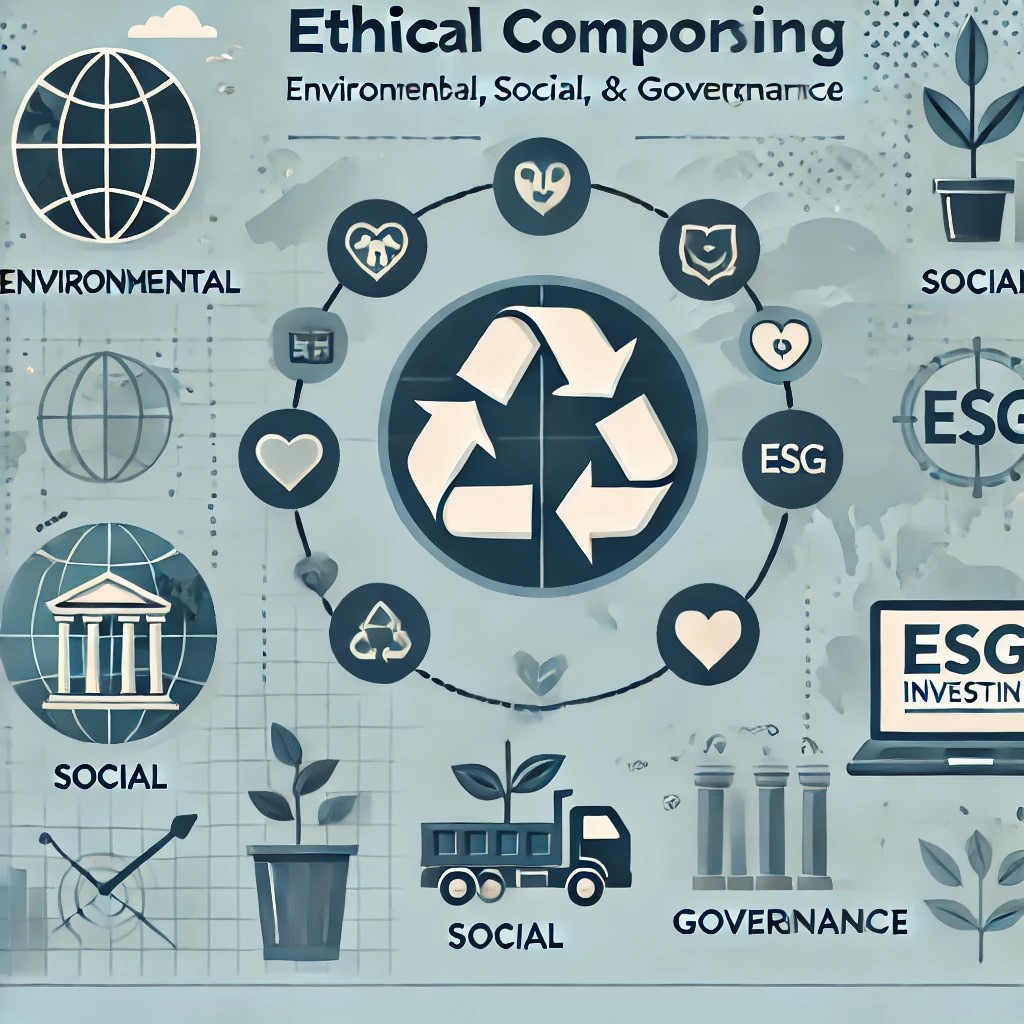Ethical investing, also known as socially responsible investing (SRI) or sustainable investing, has gained significant momentum in financial markets. This investment approach considers environmental, social, and governance (ESG) factors alongside traditional financial metrics. Ethical investing aims to generate both financial returns and positive societal impact. This article explores current trends in ethical investing and offers future predictions on how it will shape financial markets.

Current Trends in Ethical Investing
Increased Demand: Investors are becoming more aware of the societal and environmental impact of their investments. This awareness, particularly among Millennials and Gen Z, has led to a growing demand for investment products that align with ethical values.
Growth of ESG Funds: The number of ESG-focused mutual funds and exchange-traded funds (ETFs) has surged. These funds screen companies based on ESG criteria, allowing investors to support businesses that adhere to ethical practices. ESG funds have shown competitive performance, proving that ethical investing does not require sacrificing returns.
Impact Investing: Impact investing goes beyond ESG screening by aiming to generate measurable social and environmental benefits alongside financial returns. This approach is attracting institutional investors and high-net-worth individuals who want to make a meaningful difference.

Future Predictions for Ethical Investing
Mainstream Integration of ESG: ESG factors will become increasingly integrated into mainstream investment analysis. Traditional financial institutions will adopt ESG criteria as part of their standard due diligence process, making ethical considerations a core component of investment decisions.
Enhanced ESG Data: Advances in technology and data analytics will improve the quality and availability of ESG data. Artificial intelligence and machine learning will play a significant role in analyzing ESG information, providing deeper insights and enabling more informed investment decisions.
Regulatory Developments: Governments and regulatory bodies will implement stricter ESG reporting requirements and standards. These regulations will ensure that companies disclose accurate and comprehensive ESG information, reducing greenwashing and promoting genuine sustainability efforts.

Expansion of Sustainable Investment Opportunities: The range of sustainable investment opportunities will continue to expand. Innovations in green technologies, renewable energy, and sustainable agriculture will create new avenues for ethical investing. Emerging markets will also present opportunities for impactful investments that address pressing social and environmental issues.
Increased Corporate Accountability: Companies will face greater scrutiny from investors regarding their ESG practices. Shareholder activism will become more prevalent, with investors using their voting power to influence corporate behavior. Companies that fail to meet ESG expectations may face divestment and reputational risks, while those excelling in ethical practices will attract more investment.
In conclusion, ethical investing is reshaping financial markets by aligning investment strategies with societal and environmental values. Current trends indicate a growing demand for ESG-focused investment products, increased corporate transparency, and the rise of impact investing. Looking ahead, the integration of ESG factors into mainstream investment analysis, enhanced data analytics, regulatory developments, and expanded sustainable investment opportunities will further solidify the role of ethical investing in financial markets. As investors continue to prioritize ethical considerations, the financial industry will evolve to support a more sustainable and equitable future.

Understanding the Role of Financial Planning in Wealth Accumulation

The Future of Investing: How Blockchain Is Redefining Asset Ownership

The Impact of Technological Disruption on Investment Strategies

The Financial Implications of Natural Disasters on Insurance Markets

The Intersection of Technology and Regulation in Banking

The Role of Ethical Investing in Financial Markets

The Impact of Trade Wars on Global Investments
